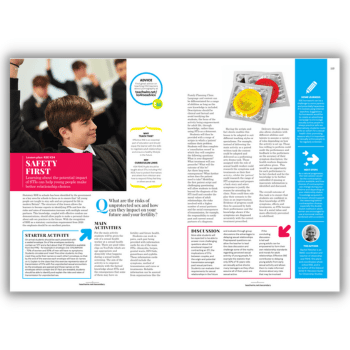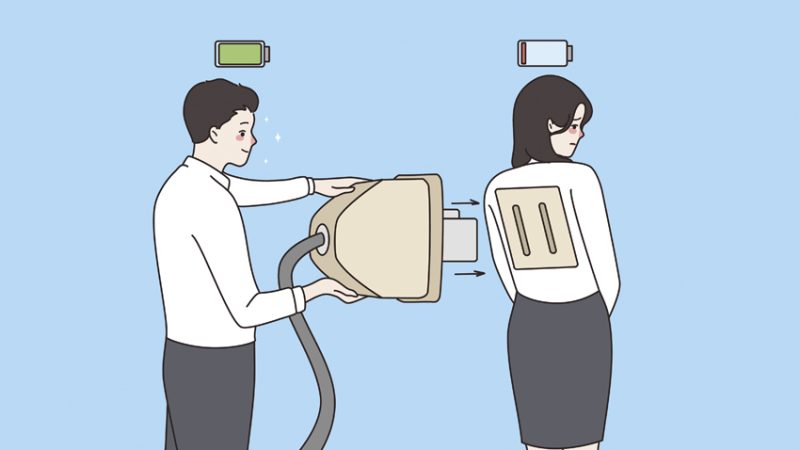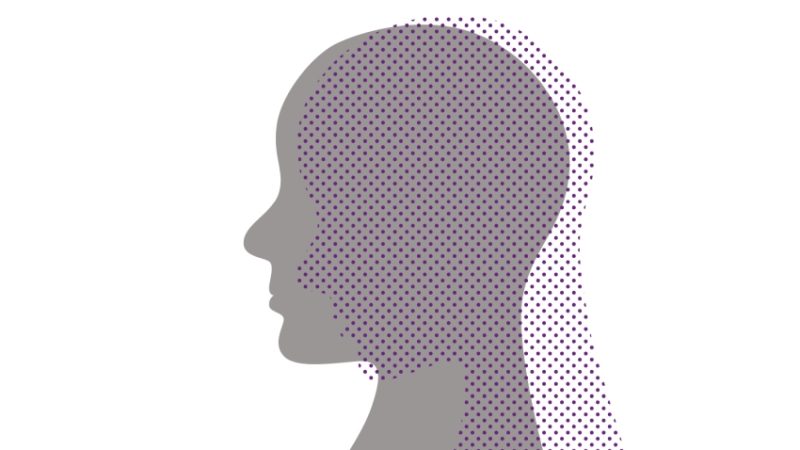DSL supervision – Are you doing enough to look after your DSL?

Sarah Cook outlines the pressing need for better supervision of designated safeguarding leads within secondary settings

- by Sarah Cook

Designated safeguarding leads were already under pressure before the pandemic. In the years since then, those stresses have really started to show.
At Judicium Education, we’ve heard from a number of DSLs who tell us that the quantity of daily reports they respond to has almost doubled since the pandemic. Moreover, these are safeguarding issues that appear to be increasingly serious and complex.
When we’ve asked DSLs to compare the demands of their role today with how it was before the pandemic, they’ve told us that there are now more issues surrounding mental health, self-harm and overdosing. There’s also been a big rise in incidents of domestic disturbance and substance misuse.
DSL supervision
Individual DSLs can’t be expected to absorb this kind of pressure without someone having their back. And yet, supervision of their roles isn’t as widely available or consistent as it is for many other child-facing professionals. This includes health visitors and social workers.
Judicium’s own recent straw poll to assess the level of supervision DSLs receive backed up our concerns. While 90% felt that supervision for DSLs was essential, just 1 in 10 were currently receiving such supervision themselves. 70% believed this form of supervision ought to become a statutory requirement.
6 out of 10 said they found the DSL role personally rewarding. Yet only 40% intended to stay in the role for at least the next five years. Half remarked that the job left them feeling ‘personally exposed’.
Open culture
According to one DSL, “The headteacher and trustees don’t seem to recognise the work and emotions that go into the role, which for me is where the biggest gap in support is. I’m lucky to have a brilliant deputy DSL, and we support each other. But sometimes, you just need someone who is completely detached from it all to listen.”
Safeguarding supervision should promote an open culture of learning and development, giving DSLs protected time in which to reflect on their practice, make decisions, assess risk and ultimately improve the quality of their practice.
Improved supervision should also let DSLs explore and better recognise the emotional impact of their work, and help them feel better supported in securing the best possible outcomes.
Knowledge exchange
The government’s own statutory guidance on multi-agency working to protect children’s welfare states that DSLs and headteachers should have opportunities to, “Engage in peer learning and knowledge exchange… and group supervision.”
The ‘Keeping Children Safe in Education’ guidance, meanwhile states that DSLs “Should be given the additional time, funding, training, resources and support they need to carry out the role effectively. Their additional responsibilities include providing advice and support to other staff.”
More recently, the DfE’s ‘Learning for the future’ analysis of serious case reviews from 2017 to 2019 stresses the importance of safeguarding professionals having access to effective supervision.
The way forward
The quality of supervision received and who delivers it matters. I’ve received and delivered such supervision myself, and believe the process is far more effective when provided by an external trained practitioner.
With supervision delivered internally, numerous other factors can be at play – not least the existing working relationship between supervisor and supervisee. Boundaries can become blurred, with sessions taking on an element of ‘line management’. Individuals may subconsciously look to protect and reassure one another. Interactions may be coloured by frustrations or organisational politics.
Using external, trained professionals who possess knowledge and experience of both the DSL role and the setting is the way forward. This arrangement allows both parties to approach sessions with no other agenda besides that of wanting to fully engage in open and genuinely honest professional reflection.
Sarah Cook is a former head of safeguarding at an academy trust with 13 years of experience in safeguarding issues, and now a safeguarding consultant at Judicium Education; for more information, visit judiciumeducation.co.uk or follow @JudiciumSG











